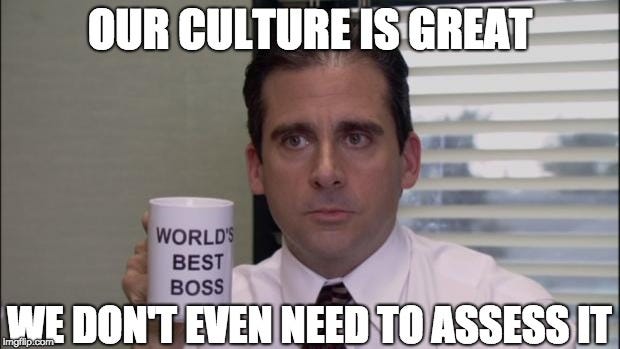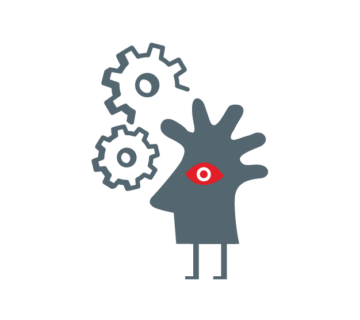Workplace culture, the shared values, beliefs, and practices of an organization, plays a pivotal role in the success of any business, especially startups and small businesses. In these organizations, where every team member’s contribution is particularly impactful, a positive culture can be a powerful catalyst for growth and innovation. Conversely, a poor culture can be a significant roadblock to progress.
Understanding Workplace Culture
Workplace culture is often referred to as ‘the way things are done around here.’ It embodies the collective behavior of the workforce, encapsulating everything from how colleagues communicate and collaborate, to how decisions are made, and how success is recognized. It’s the company’s personality and character.
In startups and small businesses, the culture is frequently driven by the founder’s values and vision. As these organizations grow, the workplace culture can evolve, influenced by new hires, changing goals, and market shifts. It’s crucial to actively manage this evolution to ensure alignment with the organization’s strategic objectives.
The Impact of Workplace Culture
A positive workplace culture enhances job satisfaction, productivity, and employee retention. It fosters a sense of belonging and commitment, empowering employees to be their best. In contrast, a negative culture can lead to high turnover, low morale, and poor performance. It’s therefore essential for startups and small businesses to prioritize the cultivation of a positive and supportive culture from the outset.

Building a Positive Workplace Culture
- Clear and Shared Values: Establishing clear values provides a compass that guides behavior and decision-making. It’s not only about putting a couple of words on your website and automatically you have a workplace culture. Together with your employees, you have to select the values that represent you as a person and then as a company. When these values are shared, they foster a sense of unity and purpose.
- Open Communication: Encouraging open dialogue allows ideas and concerns to be shared freely, enhancing collaboration and problem-solving.
- Recognition and Reward: Acknowledging hard work and achievement boosts morale and motivation. This recognition can take various forms, from simple verbal praise to formal reward programs.
- Growth Opportunities: Providing opportunities for professional growth and development shows employees that they are valued and that their future is considered.
- Work-Life Balance: Respect for personal time and commitments outside of work can significantly enhance job satisfaction and loyalty. Flexible hours, remote work options, and an understanding of personal emergencies are examples of this.
- Inclusivity and Diversity: Cultures that celebrate diversity and ensure inclusivity tend to be richer and more innovative. They also make everyone feel welcome and valued.
Evolving Your Culture
As your startup or small business grows, your culture will naturally evolve. It’s crucial to manage this process proactively. Regularly revisit your values, ensure they still align with your vision, and make necessary adjustments. Solicit and act on feedback from your team, and make culture an ongoing conversation.
In conclusion, cultivating a thriving workplace culture is not a one-time activity, but an ongoing commitment. Startups and small businesses that prioritize this will not only create a rewarding work environment but will also set themselves up for long-term success.
So, does your organization embody the culture of your dreams? If the answer is anything short of a resounding ‘yes’, it’s time to reevaluate and reshape your workplace culture. This is where our expertise comes into play.
Humanis your HR Partner we help you develop your Vision and set the fundamentals for your HR processes by using tools such as culture surveys, interviews with key stakeholders, executive workshops, behavioral assessments, and others. We then create a comprehensive organizational chart and detailed job descriptions according to your business objectives.
Danae Panagopoulou, Humanis Your HR Partner, People Solutions Assistant Designer




